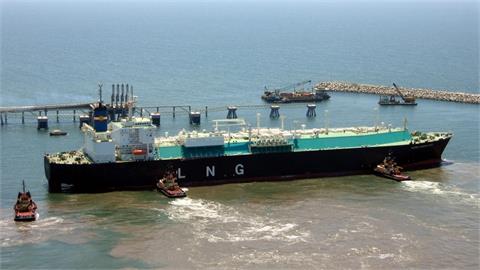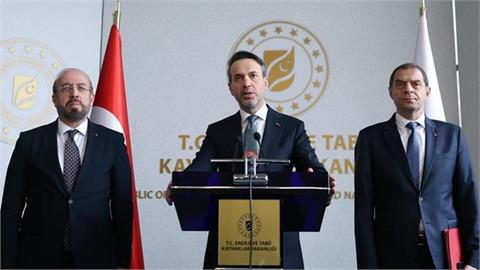The Russian energy company has turned its focus to building Asian markets for its gas
For all its reputation as a monolith, Gazprom has not sat still in the three and a half years since the EU investigation started. The Russian company has renegotiated many of its major European contracts — in some cases after protracted court battles — to lower prices and give greater weighting to spot pricing.
And in the past year, Gazprom has begun a more drastic reassessment of its relations with Europe: in May it signed a $400bn contract to deliver gas to China and turned its focus to building new Asian markets for its gas.
It has also given up on its strategy of controlling the full supply chain, a longstanding bone of contention with Brussels. It late last year cancelled the South Stream project and pulled out of a planned asset swap with Germany’s BASF. Nonetheless, Gazprom remains highly dependent on Europe, which accounts for more than 60 per cent of its revenues from gas sales.
As such, a settlement with the commission may be an appealing solution for the company, according to a person with knowledge of its thinking.
Some in Brussels may think the same way given Europe’s continued dependence on Russian gas.
The question is whether, with the biggest security crisis since the cold war in Ukraine, the two sides will have the legal and political space to do so.
One potential hitch to a deal is legal. Every presentation slide used by Gazprom includes a disclaimer: "nothing here implies that Russia or Gazprom recognises the EU’s jurisdiction.” This is no trifle.
Even if Gazprom were to agree terms with the commission the settlement would have to be legally binding. Brussels would insist on the use of a "monitoring trustee”, empowered to pry and hold Gazprom to its word.
But politics may prove an even greater barrier, with the Russian government, Gazprom’s controlling shareholder, unlikely to accept any perceived loss of face.
"This cliché that everything was decided by the Kremlin — it wasn’t much true going into the crisis,” says one person familiar with Gazprom’s thinking. "[But] increasingly it is.”
(Financial Times)



